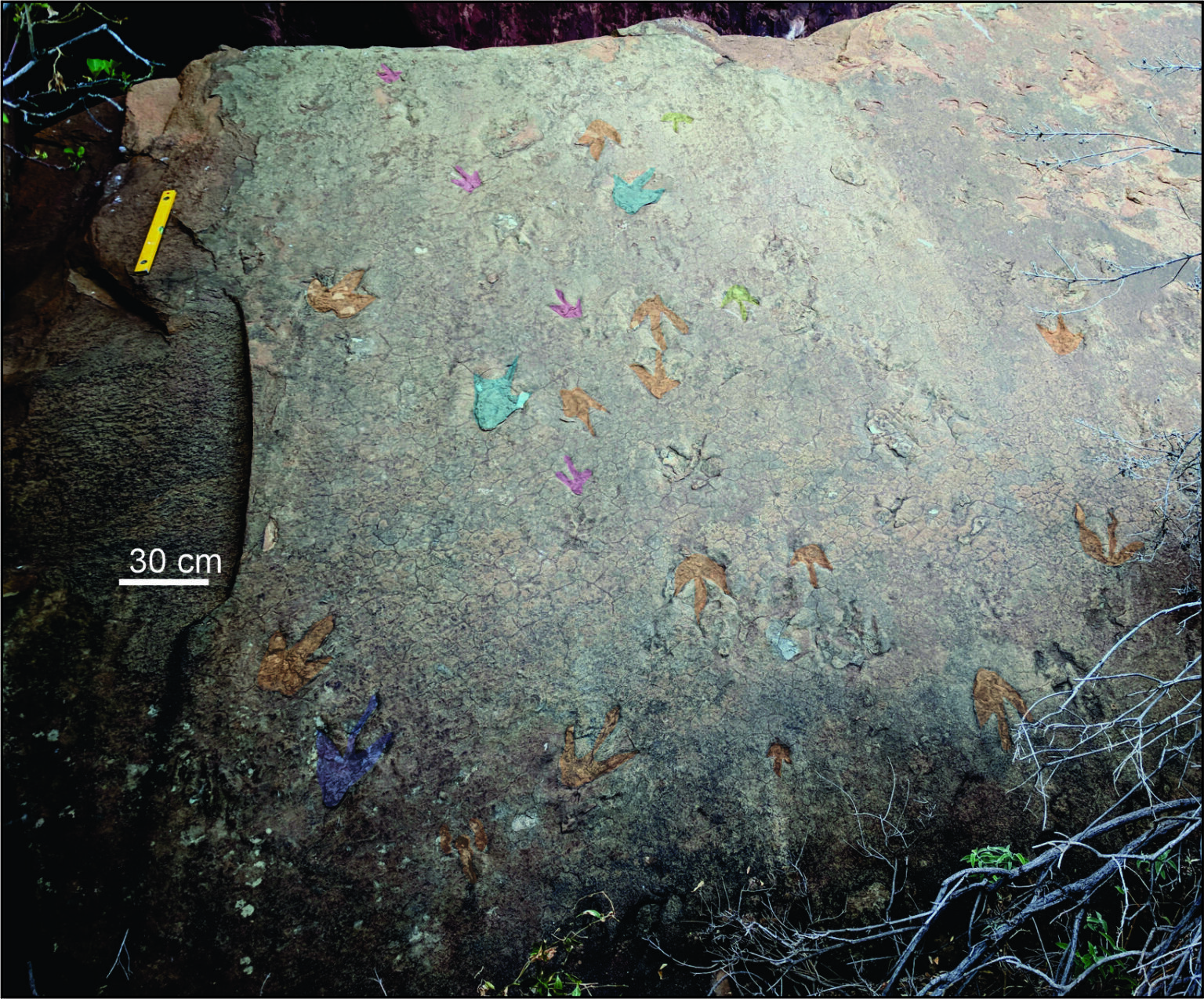In what’s reported as a world-first achievement, biologists have grown mouse embryo models in the lab without the need for fertilised eggs, embryos, or even a mouse – using only stem cells and a special incubator. This achievement, published in the journal Cell by a team led by researchers from the Weizmann Institute of Science in Israel, is a very sophisticated model of what happens during early mouse embryo development – in the stage just after implantation. This is a crucial stage: in humans, many pregnancies are lost around this stage, and we don’t really know why. Having models provides a way to…
Author: The Conversation
South African president Cyril Ramaphosa recently outlined plans to solve the country’s devastating electricity supply crisis. But he didn’t mention the country’s ability to protect its energy infrastructure as a prerequisite to any solution. South Africa has had power cuts since 2007 when Eskom, the power utility, began failing to meet demand. This got worse every year. The power utility is struggling to keep its aged coal-fired power stations running after many years of poor maintenance. It is also struggling to get its two new power stations to operate at full capacity. Explaining some of the recent power cuts, Ramaphosa said that some of the energy infrastructure had…
Whenever automakers discover that a vehicle has a defect or does not comply with U.S. laws, they must notify the National Highway Traffic Safety Administration and mail a notice to each customer who owns or leases the affected vehicles. Automakers must also recall those cars, trucks or SUVs – which means they have to fix the defect across the entire fleet. People with recalled vehicles usually have to schedule a visit to an authorized dealership, where a mechanic repairs the car. But vehicles are increasingly high-tech contraptions. Although most recalls still require the replacement or repair of auto parts, such as air…
Dinosaurs have captured people’s imaginations more than any other ancient creatures. These reptiles – some large, some small; some carnivores and others herbivores – rose and dominated the world’s landscapes for more than 135 million years during a period known as the Mesozoic. Today, dinosaur fossils can be found in many parts of the world, contained in rock successions. These are a series of strata or rock units in chronological order. South Africa and Lesotho’s main Karoo Basin, for example, contains plentiful dinosaur fossils in the rock succession that formed between 220 million and 183 million years ago during the Late Triassic-Early Jurassic…
While South Africa has been preoccupied with rolling electricity blackouts, security of liquid fuels supply has been overlooked even though – by my calculations – by value of sales it is 60% larger than electricity sales. The one liquid fuels related story that attracted attention in the local media was the temporary closure of an inland oil refinery due to delays in crude oil supplies. The refinery is owned by Natref, a joint venture between the chemical and energy company Sasol – the majority shareholder – and Total Energies. No details have been given about the closure. But it is a rare occurrence…
South Africa’s President Cyril Ramaphosa recently announced an action plan to address the country’s growing energy crisis. It included relaxing the legislative and environmental requirements to speed up private investment and increase generation capacity. The Conversation Africa’s Nontobeko Mtshali asked Wikus Kruger for his insights. What impact will this have on renewable energy uptake? Part of the challenge with the president’s announcements – and it’s natural that this will happen in a public speech – is that it’s relatively light on details and timelines. And so not everything is clear. The one thing that was clear though is that the environmental requirements…
The Cosmic Microwave Background (CMB for short), is light: the oldest and most distant light that we can see in the entire universe. It comes from soon after the Big Bang – which is considered to be the beginning of the universe. However, it isn’t made up of light that you or I are able to see with the naked eye. The type of light we can see is called visible light, but other types of light exist. Microwaves are a type of light, and so are the X-rays that we use to check for broken bones, and the radio waves that let us listen to…
Russia is building a new ground-based laser facility for interfering with satellites orbiting overhead, according to a recent report in The Space Review. The basic idea would be to dazzle the optical sensors of other nations’ spy satellites by flooding them with laser light. Laser technology has evolved to the point where this type of anti-satellite defense is plausible, though there is limited evidence of any nation successfully testing such a laser. If the Russian government is able to build the laser, it would be capable of shielding a large part of the country from the view of satellites with optical sensors.…
This week Amazon announced plans to fork out $3.9 billion (R64.8 billion) to acquire US healthcare company One Medical. One Medical reportedly provides primary care on a membership basis to some 800,000 people across the United States. In its own words, it claims to be “on a mission to make getting quality care more affordable, accessible and enjoyable for all”. But why is Amazon – the company that helps you get a cheap home projector, or a toaster – investing in this area? What is One Medical? With a subscription fee of just $199 (R3,300) per year, One Medical helps bridge the gap…
The chance of someone being killed by space junk falling from the sky may seem ridiculously tiny. After all, nobody has yet died from such an accident, though there have been instances of injury and damage to property. But given that we are launching an increasing number of satellites, rockets and probes into space, do we need to start taking the risk more seriously? A new study, published in Nature Astronomy, has estimated the chance of causalities from falling rocket parts over the next ten years. Every minute of every day, debris rains down on us from space – a hazard…










